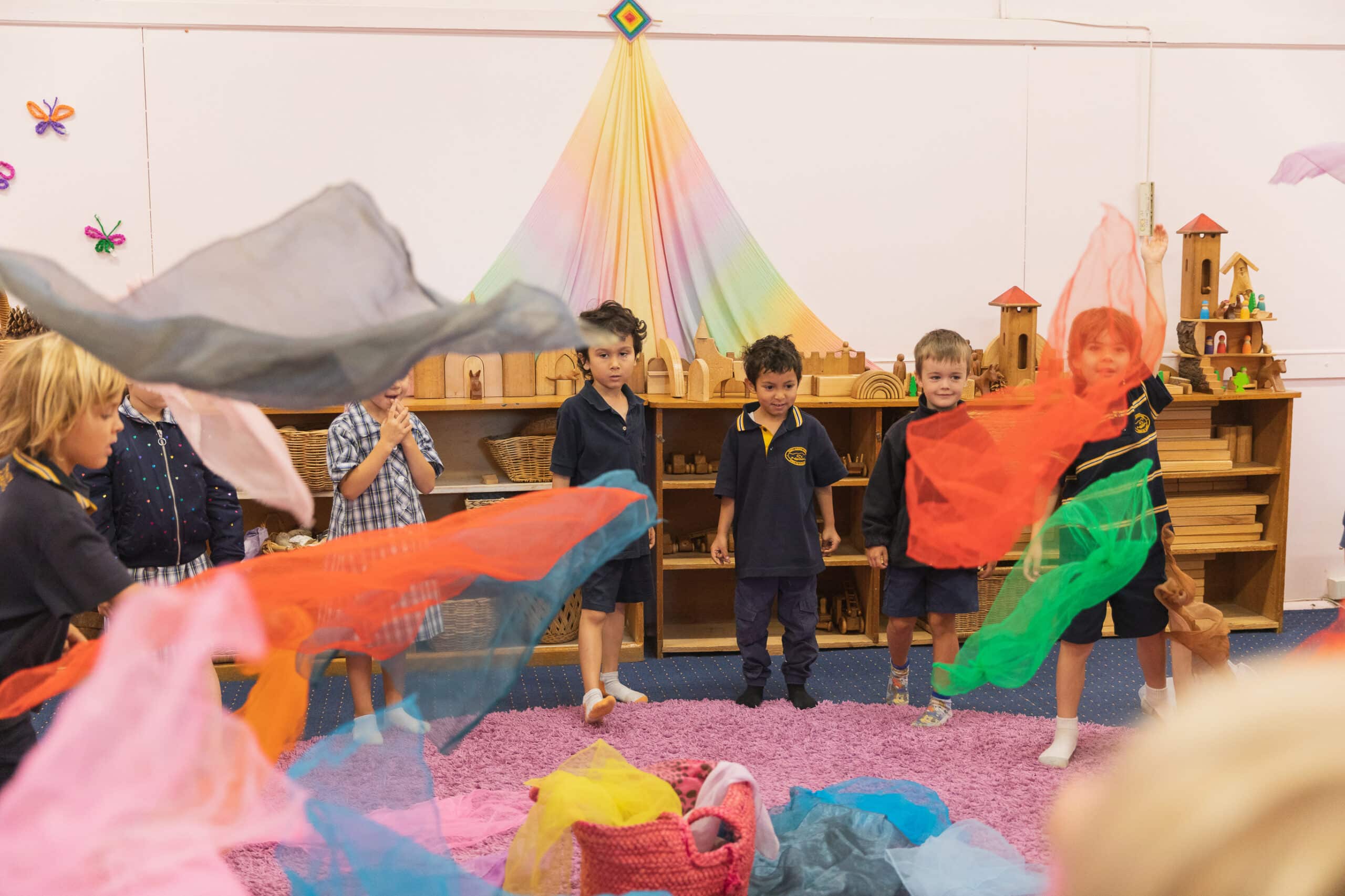Q: Is Steiner education religious or cult-like?
A: No, Steiner education is not religious and is not associated with any particular religious group or cult. While Steiner education places a strong emphasis on spiritual development, it is not dogmatic or prescriptive in its approach, and does not promote any specific religious beliefs.
Q: Is Steiner education anti-technology?
A: No, Steiner education is not anti-technology. While Steiner education places a greater emphasis on the use of traditional teaching methods and hands-on learning activities, technology is still used in the classroom when appropriate. However, the use of technology is not the primary focus of Steiner education, as the approach is based on the belief that children learn best through experiential and sensory activities.
Q: Is Steiner education only for young children?
A: No, Steiner education is not only for young children. While Steiner education places a strong emphasis on early childhood education, it is designed to provide a well-rounded education for children throughout their school years, from preschool through high school.
Q: Does Steiner education exclude children with disabilities or special needs?
A: No, Steiner education does not exclude children with disabilities or special needs. While the approach to education in Steiner schools may differ from that of mainstream schools, Steiner schools are committed to providing an inclusive and supportive learning environment for all children, regardless of their abilities or needs.
Q: Is Steiner education anti-academic or anti-intellectual?
A: No, Steiner education is not anti-academic or anti-intellectual. While the approach to learning may differ from that of mainstream schools, Steiner schools are committed to providing a rigorous and challenging education that prepares students for higher education and the workplace.
Q: Is Steiner education overly strict or authoritarian?
A: No, Steiner education is not overly strict or authoritarian. While discipline and order are important in the classroom, the approach to discipline in Steiner education is based on respect for the child and the cultivation of self-discipline, rather than punishment or coercion.
Q: Does Steiner education discourage individuality and creativity?
A: No, its quite the opposite. Steiner education encourages individuality and creativity. The approach to education in Steiner schools is designed to develop the whole child, including their creative and artistic talents. In fact, Steiner education places a strong emphasis on the arts, including music, drama, and visual arts.
Q: Is Steiner education less-structured and more child-led than mainstream education?
A: Steiner education is often described as child-focused rather than child-led. While it values the child’s individuality, interests and abilities, it also places a strong emphasis on structured, sequential learning. Steiner schools have a set curriculum, with a focus on developing the whole child, including their cognitive, emotional, and physical development. Teachers often work with a class for several years, building a strong understanding of each child’s needs and learning style. While there is flexibility within the curriculum to adapt to each child’s unique learning journey, Steiner education is not a free-form, child-led approach.

